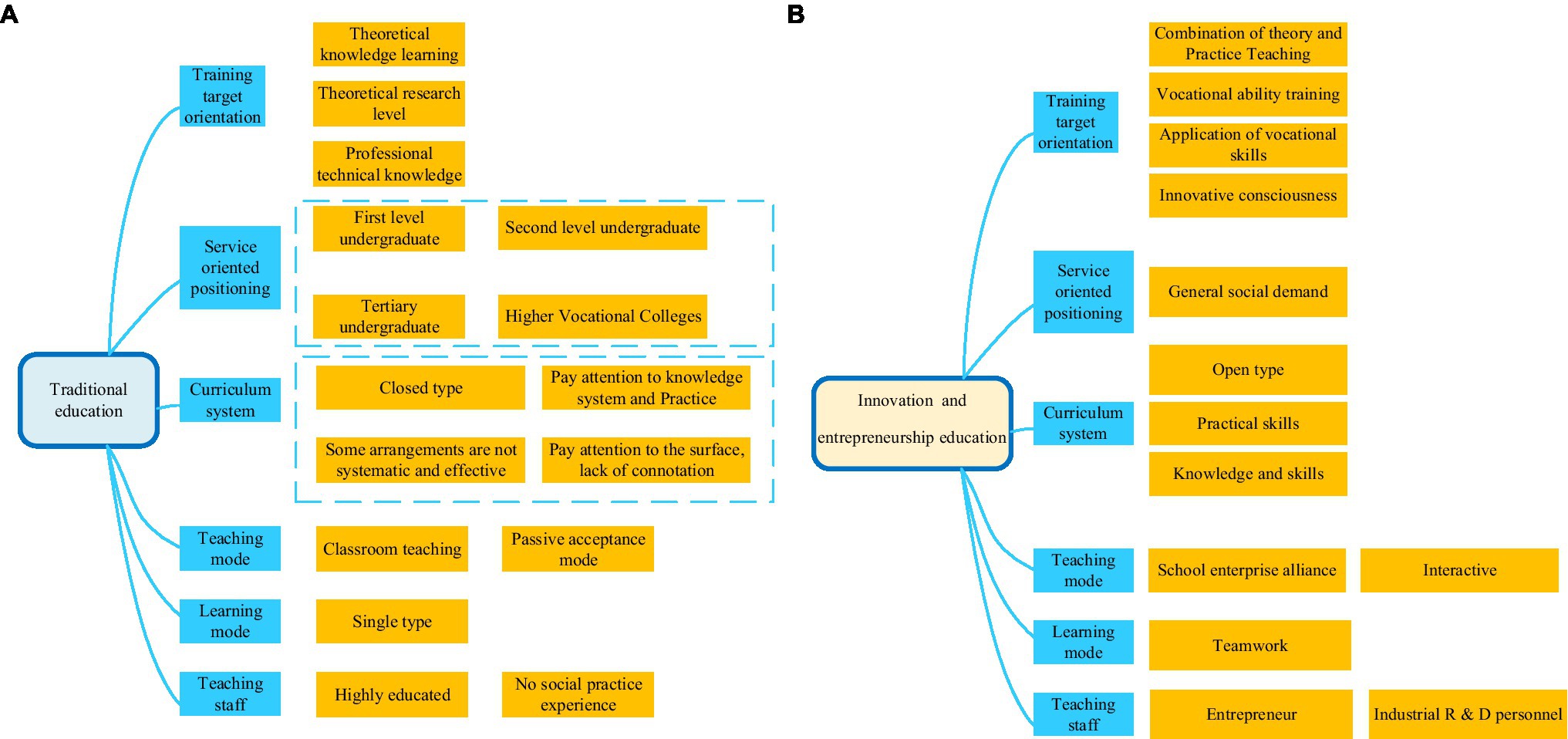Sparking Innovation: Teaching Entrepreneurship in Schools
In today’s rapidly changing world, it is more important than ever to empower future leaders with the skills they need to succeed. One way to do this is by teaching entrepreneurship in schools. By sparking innovation and cultivating a mindset of creativity and problem-solving, students can develop the skills they need to thrive in the modern workforce.
Entrepreneurship education goes beyond just teaching students how to start their own businesses. It also teaches them valuable skills such as critical thinking, communication, and collaboration. These skills are essential for future leaders to navigate the complexities of the global economy and drive innovation in their industries.
By integrating entrepreneurship into the curriculum, schools can provide students with hands-on experiences that challenge them to think outside the box and come up with innovative solutions to real-world problems. This not only prepares them for the workforce but also instills in them a sense of confidence and self-reliance that will serve them well in any career they choose to pursue.
One of the key benefits of teaching entrepreneurship in schools is that it encourages students to embrace failure as a learning opportunity. In the world of entrepreneurship, failure is often seen as a necessary step on the path to success. By teaching students to embrace failure and learn from their mistakes, educators can help them develop a growth mindset that will serve them well throughout their lives.

Image Source: squarespace-cdn.com
In addition to teaching practical skills, entrepreneurship education also helps students develop important character traits such as resilience, grit, and perseverance. These qualities are essential for future leaders to overcome challenges and achieve their goals, both personally and professionally.
Furthermore, teaching entrepreneurship in schools can also help students develop a sense of social responsibility. By encouraging them to think about the impact of their actions on the community and the environment, educators can help students become socially conscious leaders who are committed to making a positive difference in the world.
Overall, sparking innovation through teaching entrepreneurship in schools is a powerful way to empower future leaders with the skills they need to succeed in the 21st century. By instilling in them a spirit of creativity, collaboration, and social responsibility, educators can help students become the change-makers and innovators of tomorrow. So, let’s embrace entrepreneurship education and empower our future leaders to shape a better future for us all.
Cultivating Tomorrow’s Leaders Through Education
In today’s fast-paced world, it is more important than ever to empower our future leaders with the skills and knowledge they need to succeed. One way to do this is by teaching entrepreneurship in schools. By providing students with the tools to think creatively, take risks, and problem-solve, we are setting them up for success in any field they choose to pursue.
Entrepreneurship education goes beyond just teaching students how to start a business. It is about instilling a mindset of innovation and resilience that will serve them well throughout their lives. By encouraging students to think outside the box and take initiative, we are helping them develop the confidence and drive to become leaders in their communities and industries.

Image Source: learningsuccessblog.com
One of the key benefits of teaching entrepreneurship in schools is that it helps students develop important skills such as teamwork, communication, and critical thinking. By working on group projects and presenting their ideas to their peers, students learn how to collaborate effectively and articulate their thoughts clearly. These skills are not only valuable in the business world, but in any professional setting or personal endeavor.
Another important aspect of entrepreneurship education is teaching students about the importance of failure. In entrepreneurship, failure is not something to be feared, but rather a learning opportunity. By encouraging students to take risks and learn from their mistakes, we are showing them that setbacks are a natural part of the journey to success. This resilience will serve them well in any future challenges they may face.
Moreover, teaching entrepreneurship in schools helps students develop a sense of agency and ownership over their futures. By encouraging them to identify problems in their communities and come up with creative solutions, we are empowering them to make a positive impact on the world around them. This sense of purpose and drive is what sets future leaders apart from the rest.
In addition to the practical skills and mindset that entrepreneurship education provides, it also fosters a spirit of creativity and innovation in students. By encouraging them to think creatively and come up with unique solutions to problems, we are helping them develop the ability to adapt and thrive in an ever-changing world. This creative thinking is what drives progress and innovation in society, and it is essential for the leaders of tomorrow to possess.
Overall, teaching entrepreneurship in schools is a powerful way to cultivate tomorrow’s leaders. By empowering students with the skills, mindset, and confidence they need to succeed, we are setting them up for a bright and prosperous future. Through entrepreneurship education, we are shaping a generation of innovative, resilient, and driven individuals who will make a positive impact on the world around them.

Image Source: frontiersin.org
Teaching Entrepreneurship Skills in Education

Image Source: rgstatic.net

Image Source: vtsbdc.org
